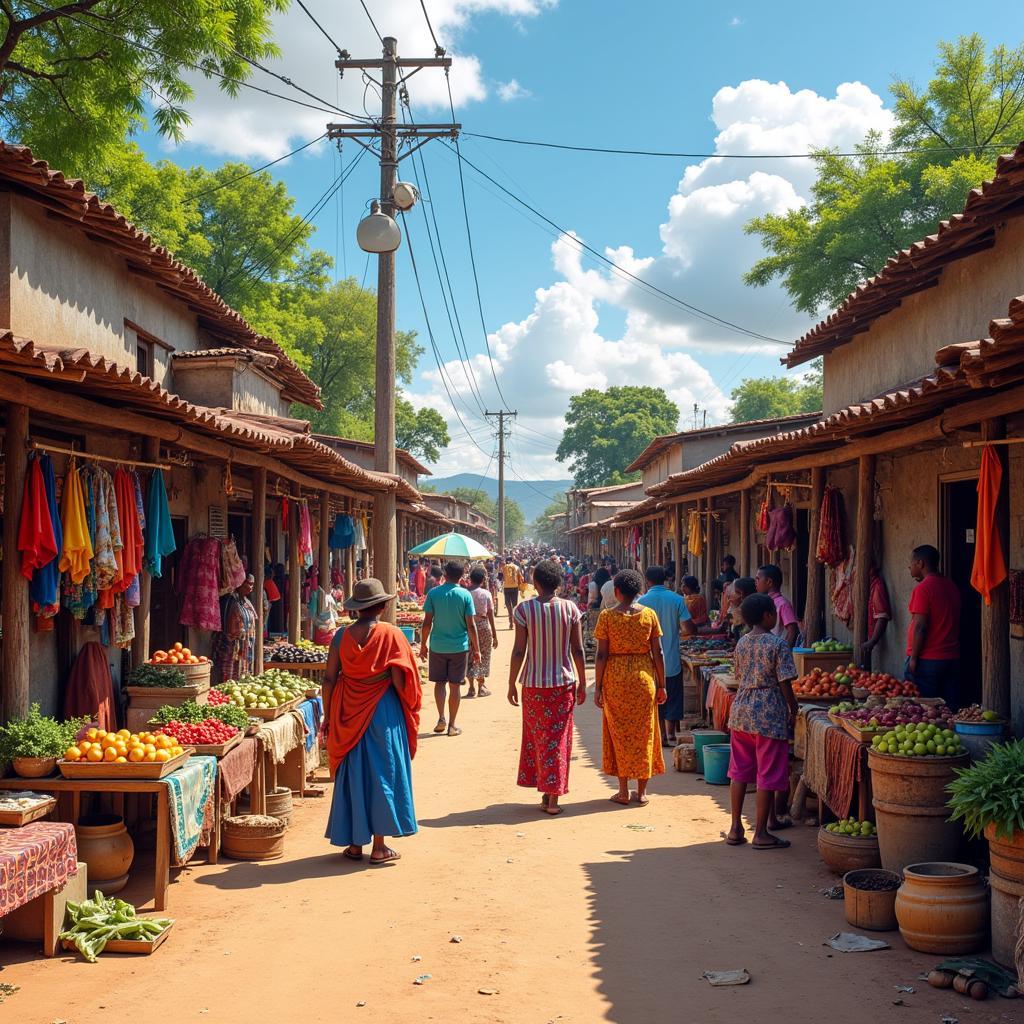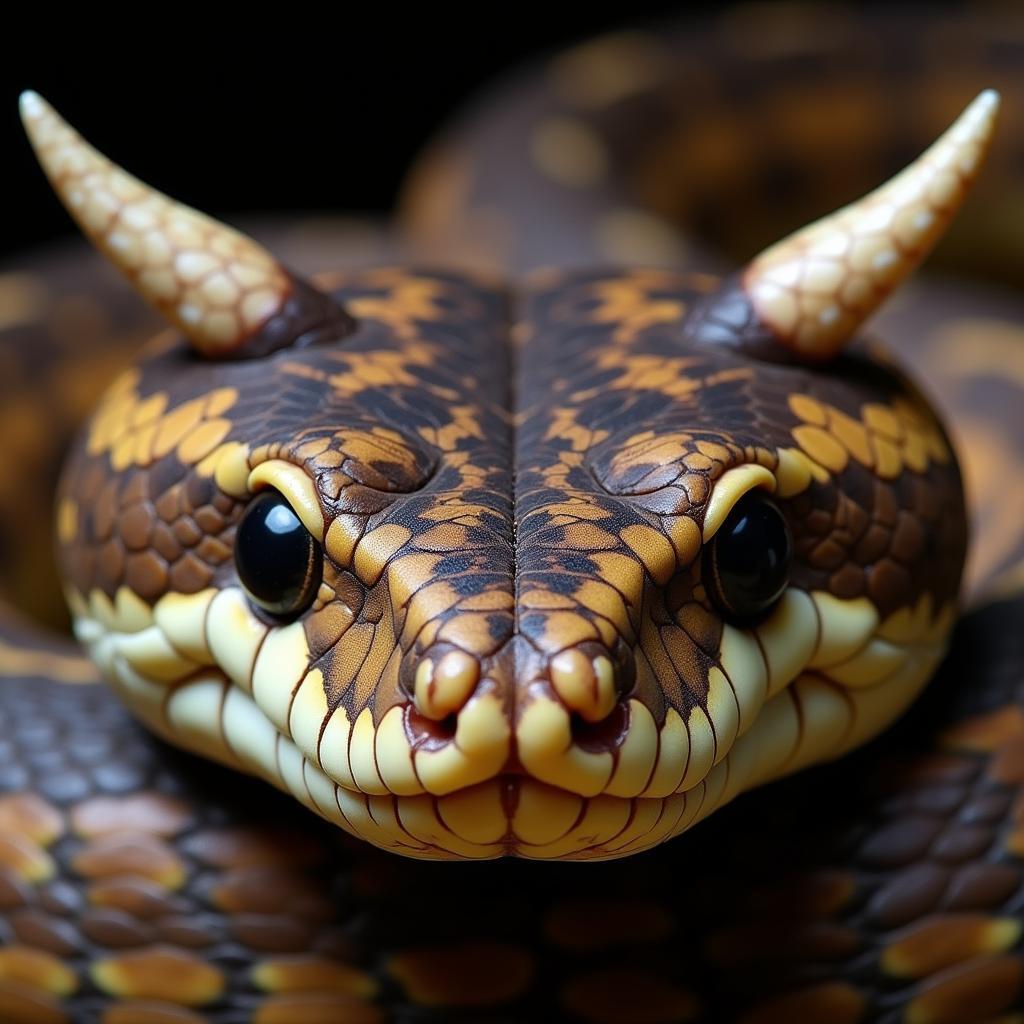Decoding the African Bad Boy: Beyond the Stereotype
The term “African bad boy” often conjures up a stereotypical image, but the reality is far more nuanced. This article delves into the complexities of this label, exploring its origins, cultural context, and the diverse realities it attempts to capture.
Unveiling the Myths of the “African Bad Boy”
The “African bad boy” stereotype, perpetuated by media portrayals, often simplifies the richness and diversity of African men. This reductive image often depicts a hyper-masculine, aggressive, and often dangerous individual. However, this is a gross oversimplification that fails to acknowledge the vast spectrum of personalities, cultures, and experiences that shape African masculinity. What factors contribute to this image, and how does it differ from the lived experiences of men across the continent?
Cultural Context and Misinterpretations
One key aspect to understand is the cultural context. Different African cultures have varying notions of masculinity, which can be easily misinterpreted by outsiders. For instance, certain traditional practices that emphasize strength and stoicism may be perceived as aggressive or “bad boy” behavior. Understanding these cultural nuances is crucial to dismantling the simplistic “bad boy” narrative.
The Role of Socioeconomic Factors
Socioeconomic factors also play a significant role in shaping perceptions. Poverty, lack of opportunities, and historical injustices can create environments where certain behaviors, often labeled as “bad boy” traits, emerge as survival mechanisms. This doesn’t excuse harmful actions but provides a more comprehensive understanding of their root causes.
Beyond the Stereotype: The Real Faces of African Men
It’s essential to move beyond the limited scope of the stereotype and appreciate the diverse realities of African men. From artists and entrepreneurs to community leaders and educators, African men embody a multitude of roles and identities. Their contributions to their communities and the world often go unnoticed due to the overshadowing stereotype.
Celebrating Diversity and Challenging Assumptions
Across the 54 countries of Africa, there’s an incredible diversity of cultures, traditions, and experiences. To categorize all African men under a single label like “African bad boy” is a disservice to this rich tapestry of humanity.
Reframing the Narrative: Focusing on Positive Representations
The media has a powerful role to play in shaping public perception. By showcasing more positive and nuanced representations of African men, we can begin to dismantle harmful stereotypes and foster a more accurate and respectful understanding.
“The ‘African bad boy’ stereotype is a dangerous oversimplification. We need to move beyond this limiting narrative and celebrate the multifaceted realities of African masculinity,” states Dr. Kwame Asante, a renowned sociologist specializing in African studies.
What Does “African Bad Boy” Even Mean?
The very definition of “bad boy” is subjective and culturally influenced. What is considered rebellious or unconventional in one context may be perfectly acceptable in another. This further complicates the application of the label to an entire continent of diverse cultures.
The Influence of Media and Popular Culture
Media portrayals, particularly in film and music, have played a significant role in shaping and reinforcing the “African bad boy” stereotype. Often, these portrayals focus on exaggerated characteristics, further distancing the image from reality.
“It’s crucial to be mindful of the narratives we consume and perpetuate. We have a responsibility to challenge harmful stereotypes and promote more authentic representations,” adds Aisha Mohamed, a prominent film critic and cultural commentator.
Conclusion: Embracing Complexity and Challenging Stereotypes
The term “African bad boy” ultimately fails to capture the multifaceted reality of African men. By acknowledging the cultural context, socioeconomic factors, and individual experiences, we can move beyond this reductive label and appreciate the rich diversity of African masculinity. Let us embrace complexity and challenge the limited scope of stereotypes, promoting a more nuanced and respectful understanding of African men and their contributions to the world.
FAQs
- What are some common misconceptions about African men?
- How does the media contribute to the “African bad boy” stereotype?
- How can we challenge these stereotypes and promote more accurate representations?
- What are some positive examples of African masculinity in popular culture?
- How can we learn more about the diverse cultures and experiences of African men?
Other Articles You Might Find Interesting:
- Exploring the Rich Tapestry of African Cultures
- The Role of African Men in Community Development
- Challenging Stereotypes: African Women in Leadership
Need support? Contact us 24/7: Phone: +255768904061, Email: kaka.mag@gmail.com, or visit us at Mbarali DC Mawindi, Kangaga, Tanzania.


